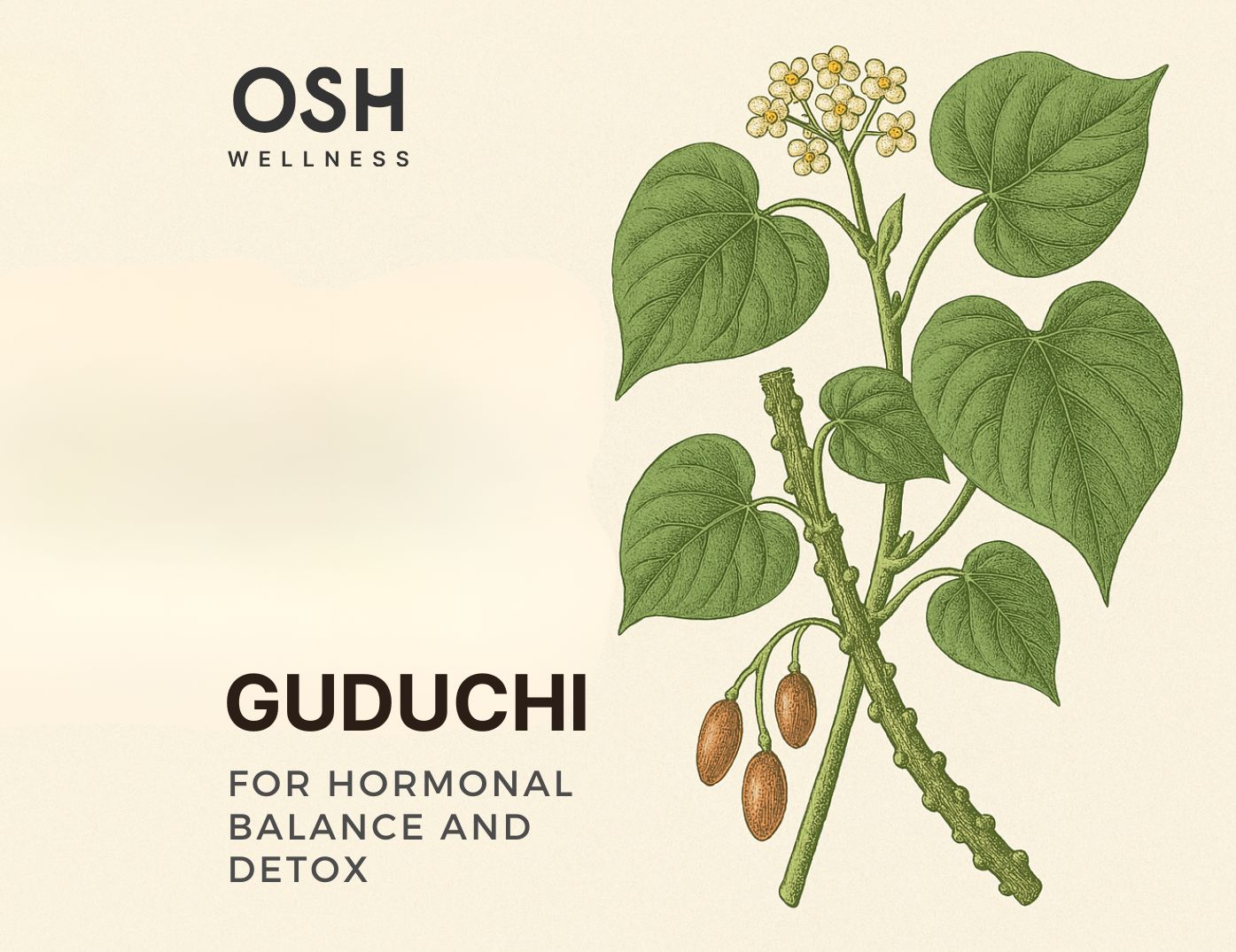Table of contents
Menopause is a significant milestone in every woman's life, marking the end of her reproductive years. However, its onset can vary widely from one woman to another, leading to questions about what constitutes a normal age for menopause. Understanding this variability is crucial for women navigating this transition and for those planning their future health and wellness strategies.
Understanding Menopause
Menopause is defined as the point in time when a woman hasn't had a menstrual period for 12 consecutive months. This natural biological process signifies the conclusion of ovarian function and hormonal fluctuations that can affect various aspects of a woman's health.
The Stages of Menopause

Perimenopause : This transitional phase precedes menopause and can last for several years. During perimenopause, estrogen levels fluctuate unpredictably, causing irregular menstrual cycles and various symptoms like hot flashes, night sweats, and mood changes.
Menopause : Officially reached after 12 consecutive months without a menstrual period. The average age for menopause in the United States is 51, but it can occur as early as the 40s or as late as the 60s.
Postmenopause : The years following menopause, when symptoms such as hot flashes may ease but the risk for certain health conditions, such as osteoporosis and heart disease, increases due to lower estrogen levels.
What is the "Normal" Age for Menopause?
General Age Range and Influencing Factors

The average age for menopause is around 51 years across various populations, but it can occur anytime between the ages of 40 and 58, with 95% of women experiencing it within this range. This variance is influenced by a multitude of factors:
Genetics : Family history plays a strong role in determining the age of menopause. If your mother or sisters experienced early menopause, you might too.
Lifestyle Factors : Smoking, diet, physical activity, and stress levels can all impact the timing of menopause. For instance, women who smoke tend to reach menopause earlier than non-smokers.
Medical and Surgical History : Certain medical treatments such as chemotherapy or surgical removal of the ovaries can induce menopause. Moreover, chronic conditions like autoimmune diseases can also affect timing.
Body Mass Index (BMI) : Higher body mass index has been associated with later onset of menopause. Fat tissue can produce estrogen, which may delay the onset.
Variability and Its Implications
Understanding this variability is crucial for both medical professionals and the women they treat. Early menopause (before age 40) and premature ovarian insufficiency require medical assessment and management due to implications such as increased risk of cardiovascular disease and osteoporosis.
Scientific Insights on Menopause Variability

Recent studies have provided insights into why menopause onset differs among women:
Epigenetics and Environment : Emerging research in epigenetics indicates that environmental exposures, diet, and lifestyle choices can influence the genes that control reproductive aging.
Socioeconomic Factors : Women in higher socioeconomic brackets tend to experience menopause later, which may reflect differences in access to healthcare, nutrition, and lifestyle factors.
Racial and Ethnic Differences : Studies have shown that African American and Latina women tend to reach menopause earlier than Caucasian women, suggesting that genetic, environmental, or a combination of these factors may play a role.
Health and Lifestyle Considerations

For women approaching or experiencing menopause, maintaining health and well-being is crucial:
Nutrition and Exercise : Balanced nutrition rich in calcium and vitamin D, along with regular physical activity, can help manage symptoms and reduce health risks.
Regular Check-Ups : Regular medical screenings and check-ups can help monitor health changes and manage symptoms effectively.
Stress Management : Techniques such as yoga, meditation, and mindfulness can help alleviate menopausal symptoms and improve quality of life.
FAQs
1. Can lifestyle changes delay the onset of menopause?
Lifestyle changes may not delay the onset of menopause but can certainly help in managing symptoms and improving overall health during the transition.
2. Is it normal to experience symptoms of menopause in your 30s?
Experiencing menopausal symptoms in your 30s may indicate a condition known as premature ovarian insufficiency and requires medical evaluation.
3. How does menopause affect long-term health?
Menopause increases the risk for osteoporosis and cardiovascular diseases due to reduced estrogen levels, emphasizing the importance of health monitoring and lifestyle modifications.
4. Can hormone replacement therapy help during menopause?
Hormone Replacement Therapy (HRT) can help alleviate severe menopausal symptoms but should be discussed with a healthcare provider to weigh benefits and risks.
For more information on managing menopausal symptoms and promoting overall well-being, be sure to check our articles on Osh Wellness
Relevant Products
Conclusion

While the age of menopause can vary significantly from one woman to another, understanding the factors that influence its onset can help in preparing for this life transition. By fostering awareness and supporting women with accurate information and resources, we can promote a healthier and more informed approach to menopause management.




